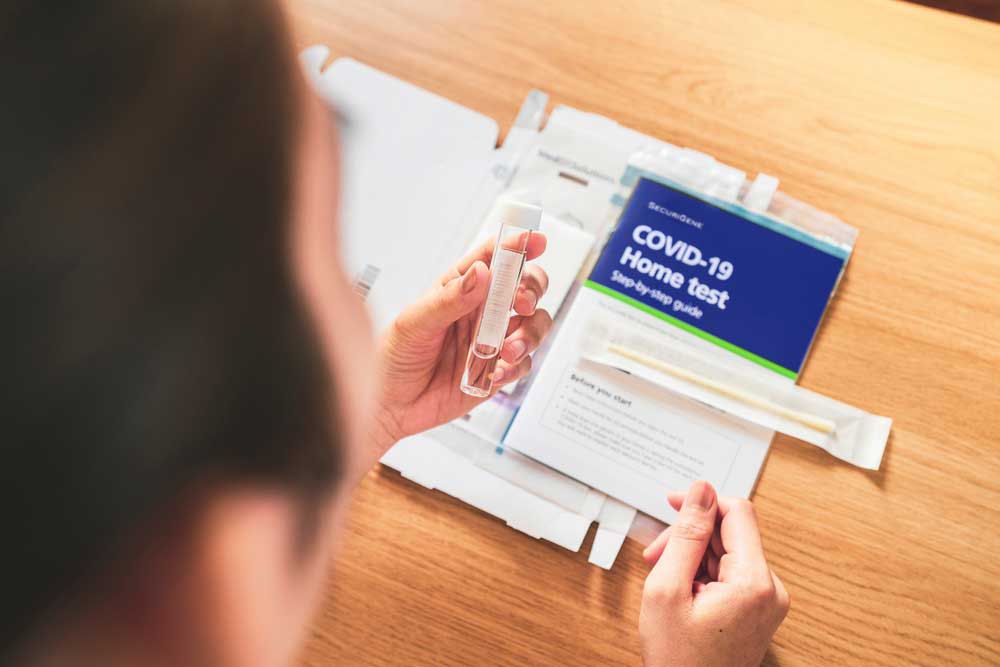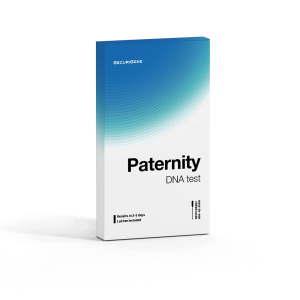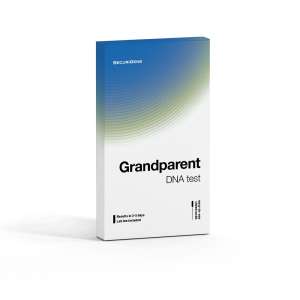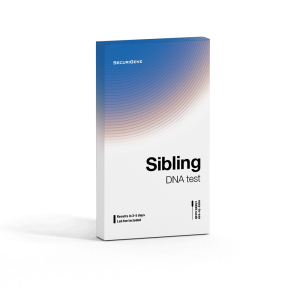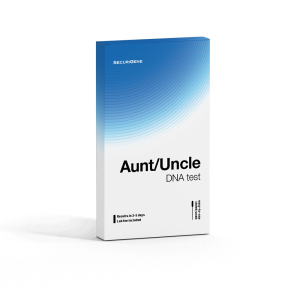Lab testing trusted by Hospitals Police Departments Immigration Services Pharmacies Genealogists Healthcare Providers Families Law Firms
Now available to you.
Lab testing trusted by Hospitals Police
Departments Immigration
Services Pharmacies Genealogists Healthcare
Providers Families Law Firms
Now available to you.
SecuriGene is a full service DNA testing lab specializing in DNA Banking, DNA Paternity Testing, DNA Kinship Testing and DNA Profiling.
Explore our Tests
Convenient lab tests right to your front door.
Browse our at-home lab test kits and get them shipped to your front door. All kits include collection supplies and prepaid shipping back to our laboratory.
Fully Accredited DNA Lab
Our internationally accredited and certified DNA lab is one of the only facilities in the world to hold a full panel of laboratory accreditations; ensuring the highest standards in the industry for reliability and consumer protection.
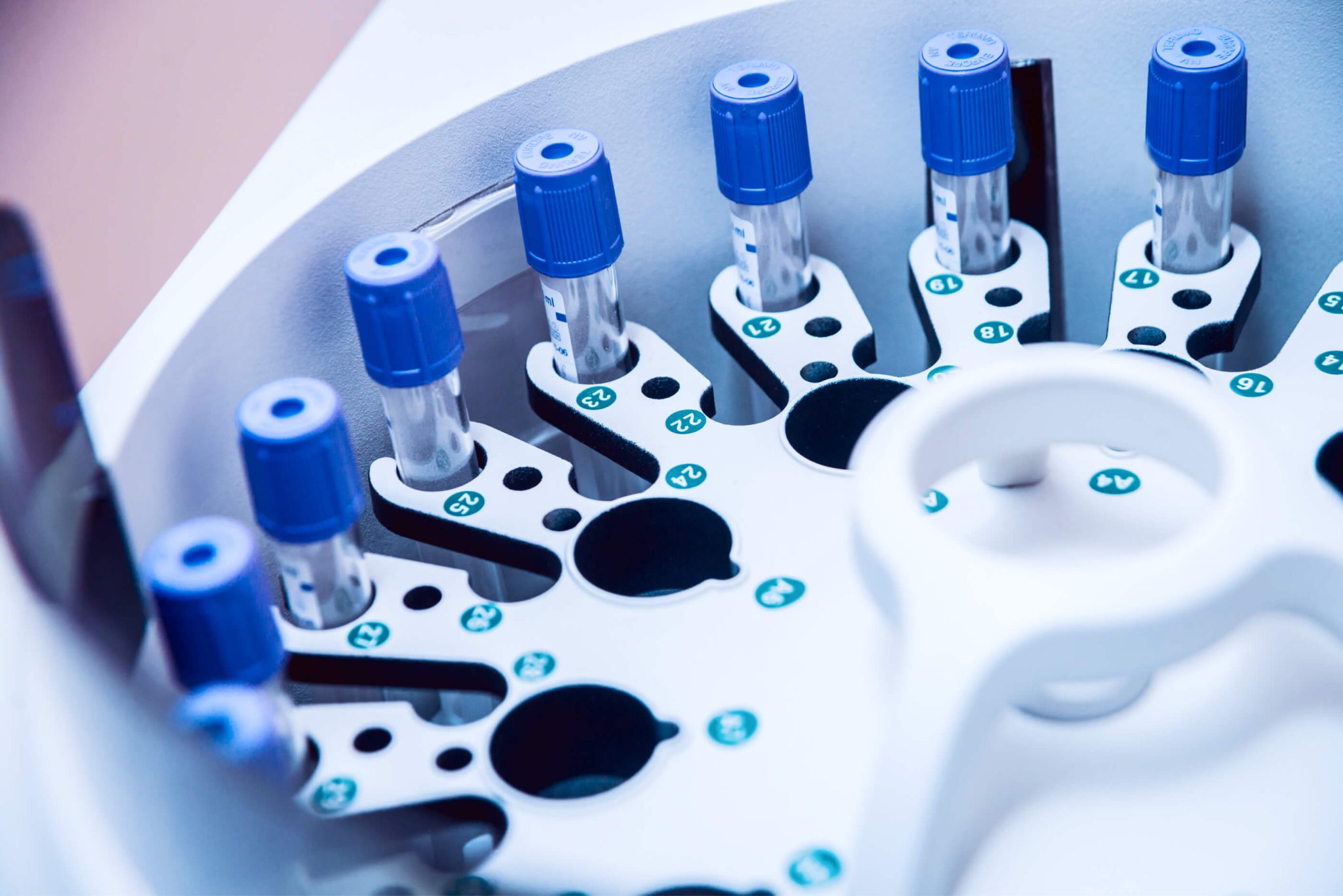
Thanks to SecuriGene’s partnership with over 3,200 DNA collection facilities, you can order and ship to and from anywhere around the world.
How it works
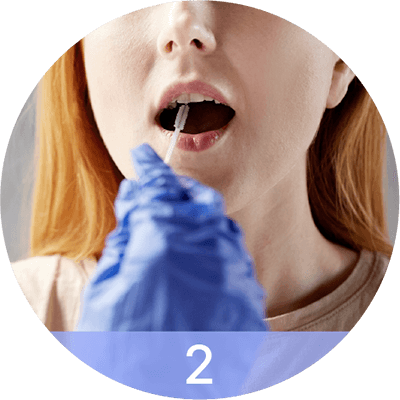
Collect your sample
Easily collect your samples from the privacy of your own home.
Mail samples to our lab
After you’ve collected your samples, mail them to the lab using the prepaid shipping pack.
View your results
Receive your results in your secure, online portal. It’s that simple!
FAQ
Here are the answers to some common questions about our tests.
Rest assured, we prioritize the confidentiality of your test results. Our lab employs rigorous measures to protect your personal data, ensuring absolute privacy. We have stringent protocols in place to securely store both your personal information and genetic data, with strict controls to prevent any unauthorized access. For a detailed understanding of our commitment to safeguarding your privacy, please refer to our Privacy Policy.
No, there is no expiration date for our DNA swab kits. However, we recommend sending back the collected sample for testing within 1-3 months after collection.
Visit www.securigene.com/activate-kit to complete the activation process. To prevent delays, it is crucial to activate your kit prior to submitting your samples for testing.
